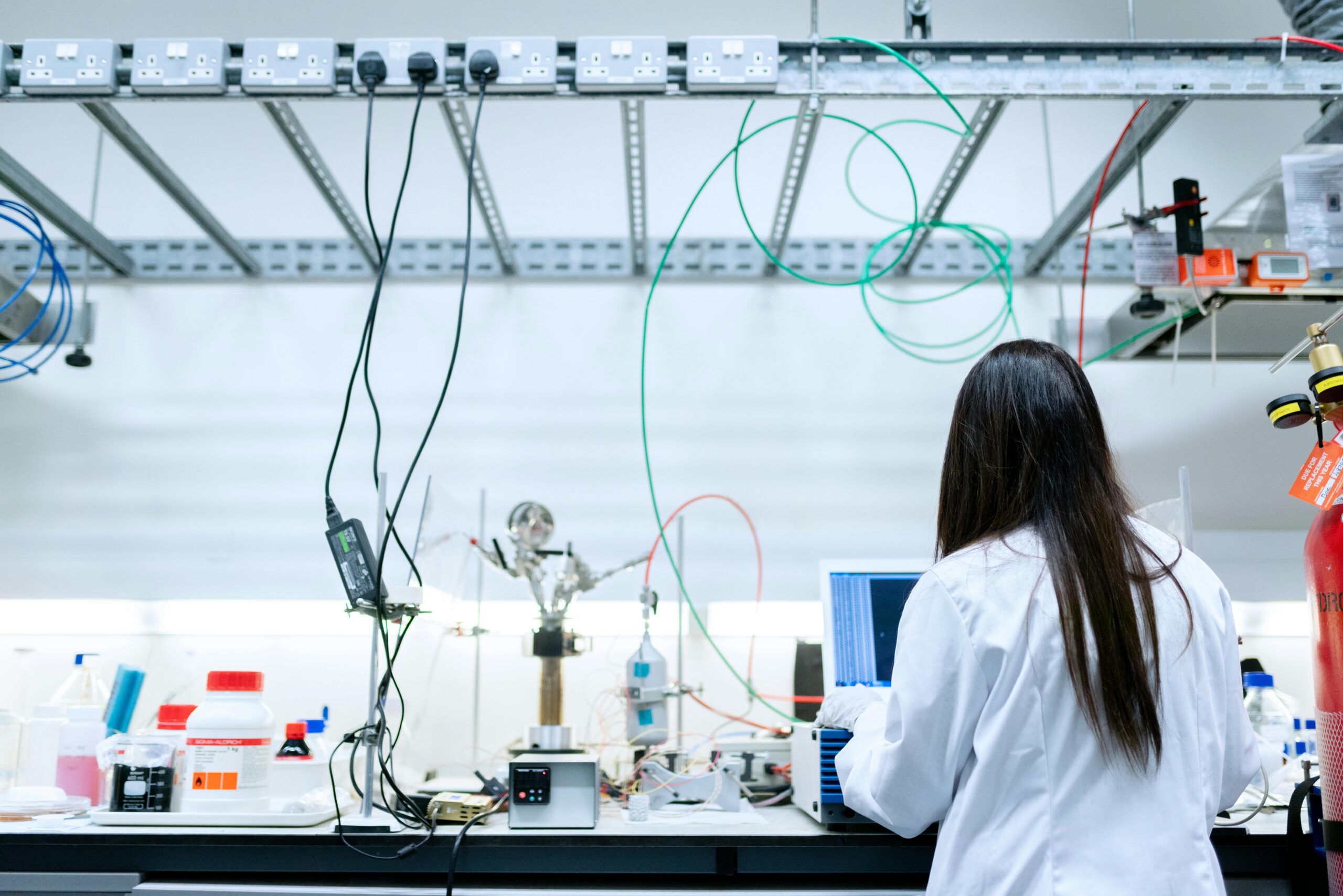Navigating Regulatory Standards in Temperature Management: A Comprehensive Guide
Temperature control isn’t just about maintaining comfort or cutting energy costs—it’s a critical component of regulatory compliance across various industries. With increasingly complex standards governing the way temperature-sensitive processes and products are managed, businesses must ensure their systems meet these stringent guidelines while also leveraging modern technologies for optimal performance. In this guide, we’ll explore the regulatory landscape for temperature management and provide practical tips on how companies can maintain compliance while taking advantage of innovative solutions like those offered by TempGenius.
Across many sectors, regulatory bodies have established standards to protect public health, ensure quality and reliability, and promote energy efficiency. For instance, in the healthcare industry, organizations such as the FDA and USP have set strict guidelines for storing medications, vaccines, and other sensitive materials. Hospitals and pharmaceutical facilities must adhere to precise temperature ranges to prevent spoilage and ensure patient safety. Similarly, in the food and beverage industry, agencies like the USDA and FDA mandate that storage and processing environments maintain specific temperature ranges to inhibit bacterial growth and protect consumers. The implementation of frameworks like HACCP further underscores the need for continuous monitoring and real-time data logging in food production environments.
Industrial manufacturing also relies heavily on precise temperature control. Many manufacturing processes depend on maintaining strict temperature parameters to guarantee both product quality and worker safety. International standards, such as those developed by ISO, often detail these requirements as part of a broader quality management system. Meanwhile, commercial and residential buildings must comply with guidelines from organizations like ASHRAE, as well as local building codes, to balance energy efficiency with occupant comfort. In all these sectors, failure to meet regulatory standards can lead to significant fines, damage to reputation, and even risks to public safety.
Given these challenges, businesses can benefit immensely from modern temperature management technologies that not only ensure compliance but also enhance operational efficiency. One of the key strategies is embracing real-time monitoring and automated data logging. Advanced sensors and IoT connectivity allow companies to continuously monitor temperature and humidity levels, while cloud-based dashboards provide a centralized platform for analyzing trends and generating compliance reports. By automating data collection, businesses can minimize human error and have a reliable record for audits.
Another crucial strategy is investing in predictive maintenance and regular calibration. Scheduling routine calibrations for temperature control devices ensures that all equipment performs within regulatory limits. Predictive analytics can further help by forecasting potential failures based on historical data, enabling proactive maintenance that minimizes downtime and avoids compliance breaches. Integrating temperature management systems with an overall building management system can further streamline the process. A centralized system allows for real-time adjustments, customized alerts, and easy reporting, all of which contribute to maintaining a secure and compliant environment.
Employee training is also vital. Regular training sessions ensure that staff members understand both the technological and regulatory aspects of temperature control systems. Clear standard operating procedures (SOPs) and emergency response plans empower employees to act quickly and effectively if temperature deviations occur, further safeguarding the operation against potential compliance issues.
At the forefront of these innovative solutions is TempGenius. With advanced sensor technology that delivers precise, real-time monitoring of temperature and humidity, TempGenius helps businesses stay within regulatory limits effortlessly. Their integrated, cloud-based platform enables seamless data management, automatic alerting, and comprehensive reporting, making it easier for companies to demonstrate compliance during audits. Moreover, TempGenius’ predictive analytics tools allow for proactive maintenance, ensuring that potential issues are identified and resolved before they become critical. The user-friendly interface and customizable solutions mean that businesses in healthcare, food and beverage, industrial manufacturing, and commercial building management can all tailor their systems to meet specific regulatory requirements.
In today’s complex regulatory environment, navigating the landscape of temperature management is a challenge—but it’s one that can be met with the right tools and strategies. By integrating modern technologies such as those provided by TempGenius, businesses not only secure compliance but also drive operational excellence and innovation. Embracing these advanced solutions positions companies for future growth while protecting their operations and ensuring the safety and quality of their products and services.
For more information on how TempGenius can transform your temperature management systems and help you achieve regulatory compliance, please contact us today. Stay tuned to our blog for more insights on technology, compliance, and the future of temperature management.
Contact us to customize a Temperature Monitoring Solution for your enterprise.
Give us a call or email us and let’s discuss the most appropriate temperature monitoring sensor for your company.

